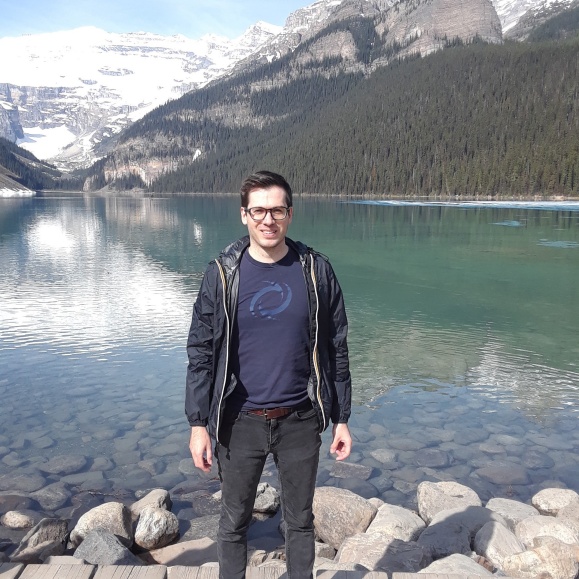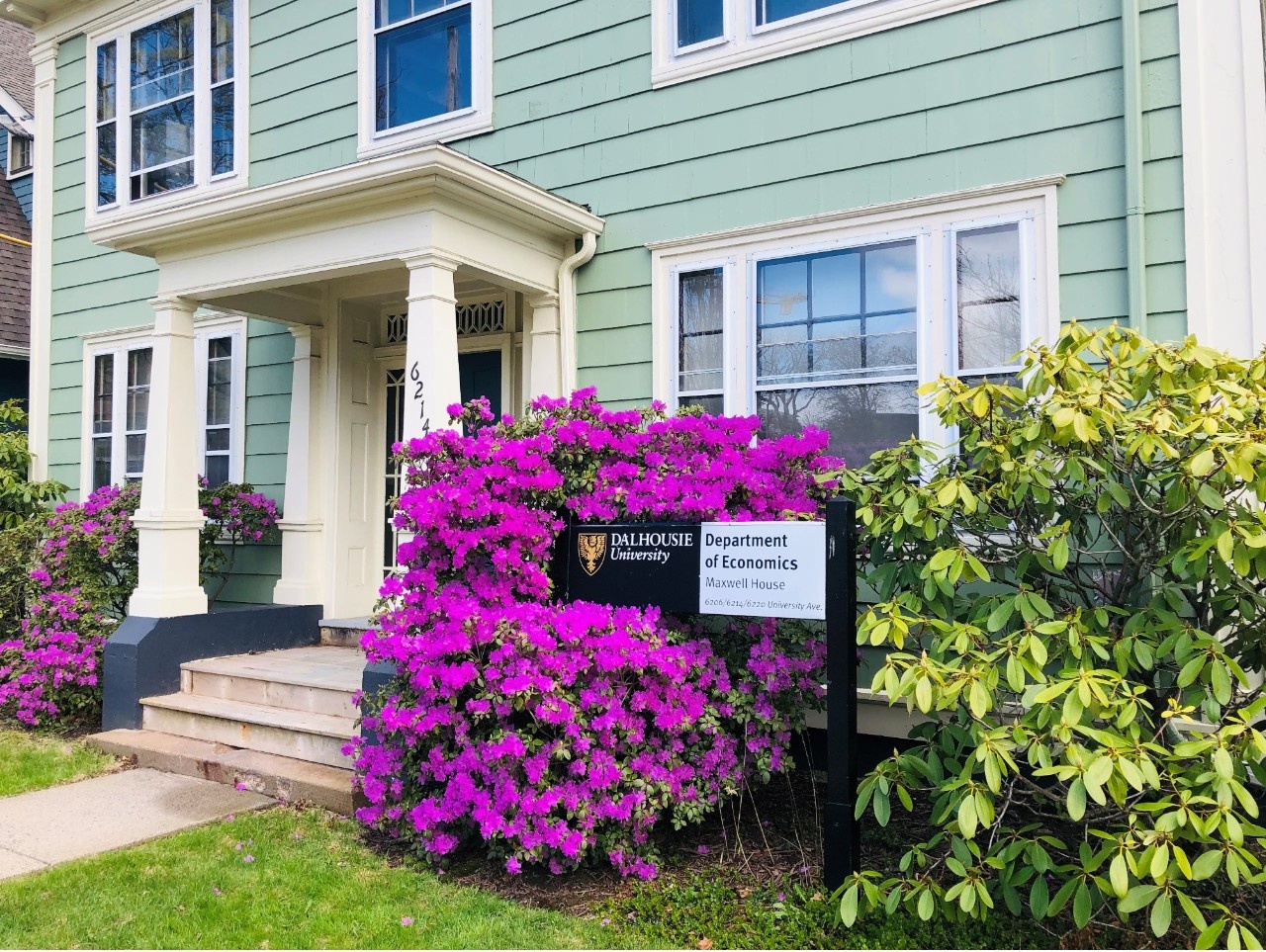News
» Go to news mainMy nonŌĆætraditional path to Economics

My first professional job was as a cabinetmaker building furniture. I worked in a small shop building mostly custom pieces of furniture for whoever walked through the door. It was a great job, but one that didnŌĆÖt pay much and offered no possibility for advancement. Still, I couldnŌĆÖt imagine a better-suiting job in that field, which made me consider attending university with the goal of changing careers completely. That idea became final after an ill-timed decision to quit my job and move cities in the summer of 2009. If you can avoid it, you should not quit your job in the depths of a recession. Being 21 and allergic to any and all sensible advice, however, thatŌĆÖs exactly what I did. This wasnŌĆÖt a completely senseless act; my partner was moving to attend graduate school so this allowed us to remain together in the same city. But finding a new job, in a declining industry, proved challenging. For most of the year I worked in a warehouse, making minimum wage sorting parts for locomotives.
The next academic year, I enrolled at Carleton University, initially with the intention of studying history and political science. Without much thought, I registered for an introductory economics course, reasoning that a cursory knowledge of economics might help with my other studies. Almost immediately I was hooked. What initially attracted me to economics was the use of an analytical framework which could be used to study complex and important problems. Many of the concepts even seemed applicable in my own lifeŌĆōthe concept of opportunity cost led me to take courses during the summer semesters, so that I completed my undergraduate degree in less than three years.
Still, I wasnŌĆÖt sure that I could succeed in the economics program. Occasionally someone will ask me if there are any transferable skills between cabinetmaking and economics. The answer is No. My knowledge of mathematics at the time might have been generously described as rudimentary. If I were to major in economics, I would basically be starting from scratch. So thatŌĆÖs what I did, beginning with a course in pre-calculus which essentially covered all the high school-level math IŌĆÖd forgotten (but did not count for credit towards my degree), and eventually more advanced university-level courses in calculus and linear algebra. I found that a subject I had struggled with years ago now came much easier given my new sense of purpose. I finished my economics degree near the top my class and was awarded a Senate Medal for outstanding academic achievement at graduation.
After completing my undergraduate degree, I moved to Kingston, Ontario to pursue my graduate studies at QueenŌĆÖs University. My new environment suited me perfectly, so much so that, while many of my friends in the program were looking for jobs, I decided to stay to complete a PhD. I have always been intellectually curious and the shift to a research-based program, while challenging at first, was also quite exciting. Research is a fundamentally creative exercise. Whereas much of my coursework had focused on learning new models or econometric methods, now I was applying them to answer new and interesting questions. I was particularly interested in macroeconomics and what policymakers could do to smooth out economic shocks, perhaps given my own previous experience trying to find employment during a recession. That led me to focus much of my research on monetary policy. In July 2020 I joined the economics department at ║┌┴Ž│į╣Ž═° as an Assistant Professor, a position that allows me to continue to research (and now teach about) these topics.
Recent News
- University Medal in Economics, 2024
- 2023ŌĆæ24 Economics Prizes
- 2023ŌĆæ24 Economics Teaching Assistant Award
- Ruth Forsdyke receives Award for Excellence in Teaching 2023ŌĆæ2024.
- 2023ŌĆæ24 Award Recipients
- Maxwell Scholarship Award Recipients 2023 24
- Dr. Barry Lesser Honored in China
- U.L.G. Rao Memorial Prize in Economics
